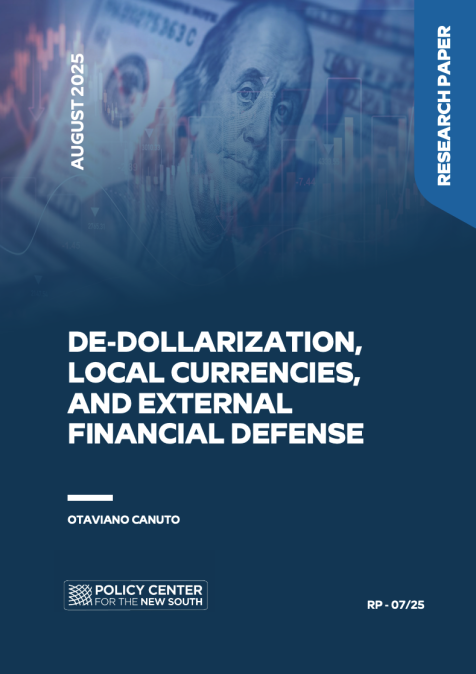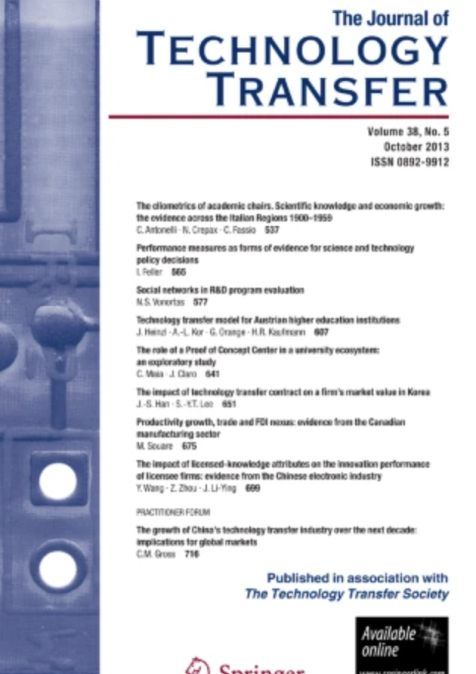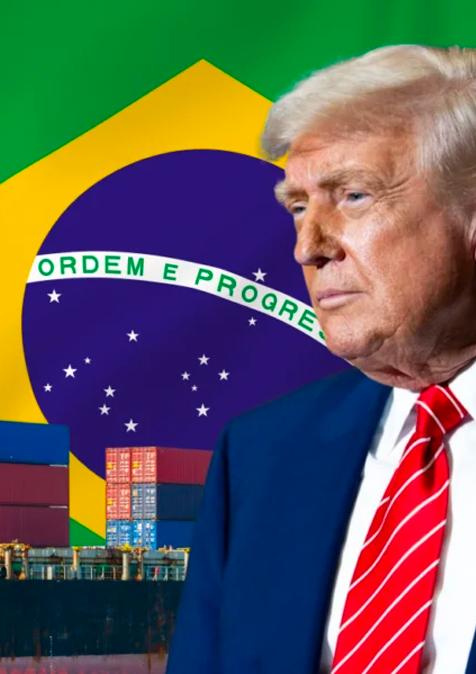Réforme du système multilatéral : Rapport du groupe d'experts indépendants (GEI) du G20 sur le renforcement des banques multilatérales de développement (BMD)
Président
- Suma Chakrabarti, présidente du conseil d'administration de l'ODI, Royaume-Uni
Présentateur
- N.K. Singh, président de la quinzième commission des finances de l'Inde, coprésident du groupe d'experts du G20 sur les banques multilatérales de développement (BMD)
Intervenants
- Carolina España, vice-présidente exécutive, CAF - Banque de développement d'Amérique latine
- Rebeca Grynspan, secrétaire générale, Conférence des Nations unies sur le commerce et le développement (CNUCED)
- Homi Kharas, Senior Fellow - Global Economy and Development, Center for Sustainable Development, Brookings Institution
- Donald Kaberuka, ancien président de la Banque africaine de développement (BAD)
- Vera Songwe, présidente de la Facilité de liquidité et de durabilité ; coprésidente du groupe de haut niveau sur le financement de l'action climatique
- Woochong Um, directeur général, Banque asiatique de développement (BAD)
Remarques de clôture
- Enrique Garcia, ancien président et directeur général, CAF - Banque de développement d'Amérique latine









